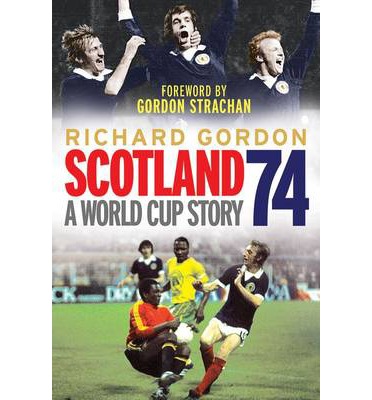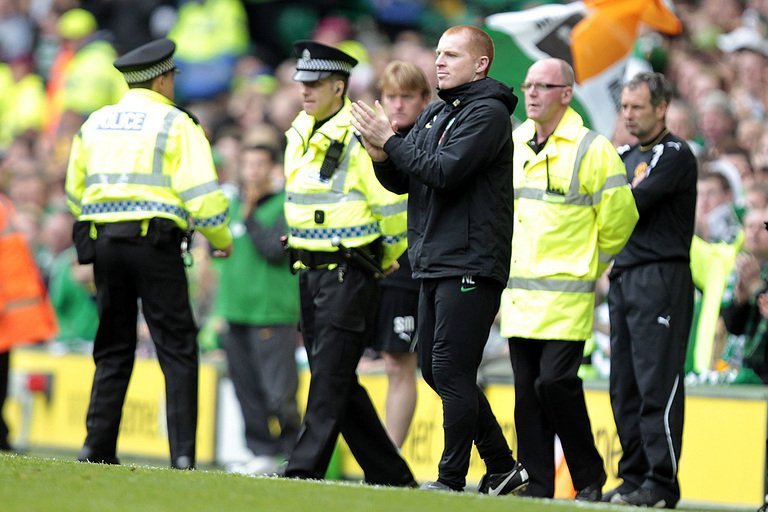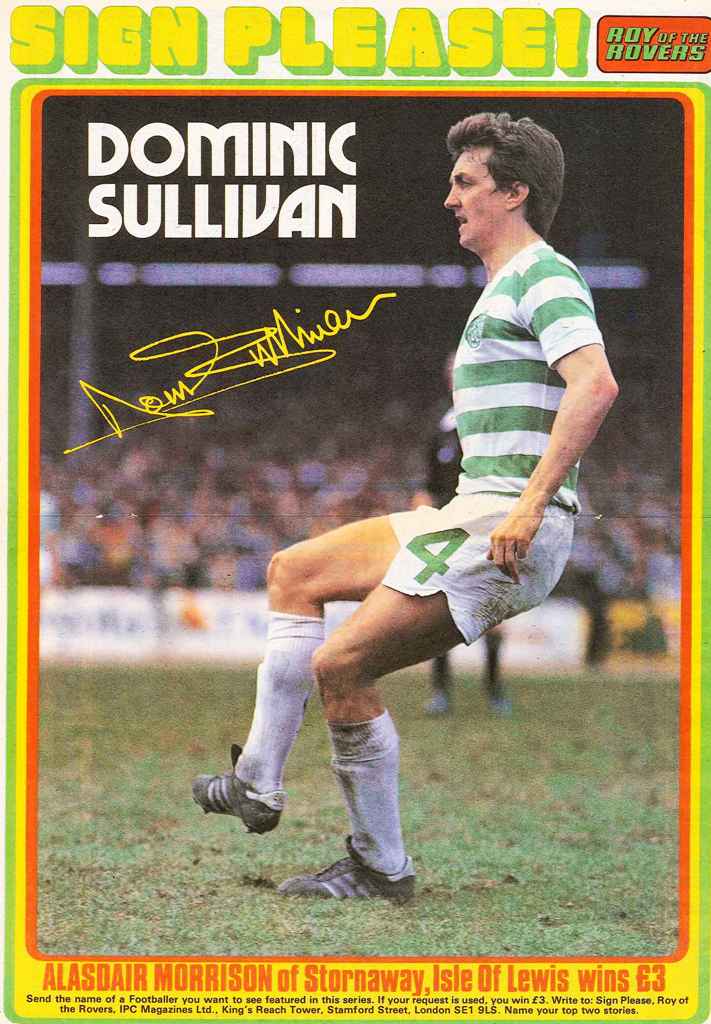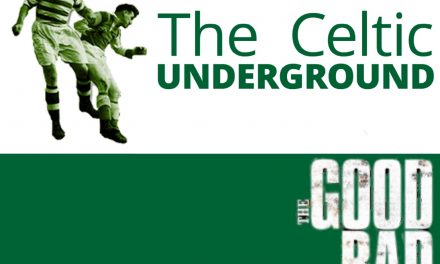There are some books you know you are just going to enjoy and this is one I was looking forward to reading for some time. Written by good friend of this site and all round good egg, Richard Gordon, it catalogues superbly the adventures of the Scotland side before, during and after the 1974 World Cup finals in West Germany.
As with all good reads Scotland 74 tells you facts you may not have known. In 1971 the Falkirk manager Willie Cunningham rebuffed the advances of the SFA to stay at Brockville and what is even more surprising is that Cunningham was a Northern Irishman and not a Scot as I had previously presumed. His loss was Tommy Docherty’s gain and the Scots were well on their way with ‘The Doc’ as their new manager although Docherty then defected to Old Trafford to allow new manager Willie Ormond to take the glory for qualification.
Docherty was nothing if not bold and was fiercely patriotic with it. On taking over he stated that there was no country in football with the exception of Brazil who could match the Scots for talent. This is not as mad as it sounds as Scotland could boast such talents as Bremner, Law, Johnstone McGrain and Dalglish and it’s incredible to learn that Archie Gemmill, Pat Stanton, Asa Hartford and Lou Macari couldn’t even make the final squad of 22 such was our embarrassment of riches in 1974.
The book describes the mood of the time splendidly. I was a schoolboy watching the Czechoslovakia game on the night Scotland qualified and Gordon describes perfectly the raw, electric Hampden atmosphere which in those days was totally unique compared with anything else worldwide. What made it better for all of us also was the fact that England failed to qualify. As Chas and Dave tunefully recalled in later years – ‘When the Poles knocked England out the cup…Gertcha !’
There are excellent recollections from some of the squad of the period such as Davie Hay, Martin Buchan and Peter Lorimer but it’s the ex Hibs defender John Blackley’s memories which are most insightful and humorous. Shockingly, Blackley still reckons he was the victim of a player coup and was dropped during the tournament in preference of Martin Buchan which was rather a surprise given Blackley’s excellent earlier performances.
Richard Gordon writes in a smooth manner which makes this book easy to read and enjoy. He goes into great detail and the main controversies of the time are not glossed over and the players commercial activities which ultimately end in disappointment, the incredulous decision by the SFA to stick with God save the Queen as the national anthem during the tournament and the awful off field behaviour on occasions by certain members of the squad are detailed in full.
The book ends ultimately in disappointment. A 1-1 draw against Yugoslavia sent the Scots home unbeaten and unbowed courtesy of a goal by Karasi and I can still vividly recall the Sunday Post headline the next day – ‘Karasi chop !’ Ouch.
From a Celtic perspective it was interesting to read that many of the squad to this day still find it incredible that Willie Ormond did not play Jimmy Johnstone in any of the games, particularly the last tie against the Yugoslavs who were said to be terrified of the wee man.
Gordon’s book recalls an era when international football was much more innocent and enjoyable and if the 1974 Scotland team is perhaps regarded as the greatest ever then this publication must certainly be regarded as the greatest Scotland book ever published.





